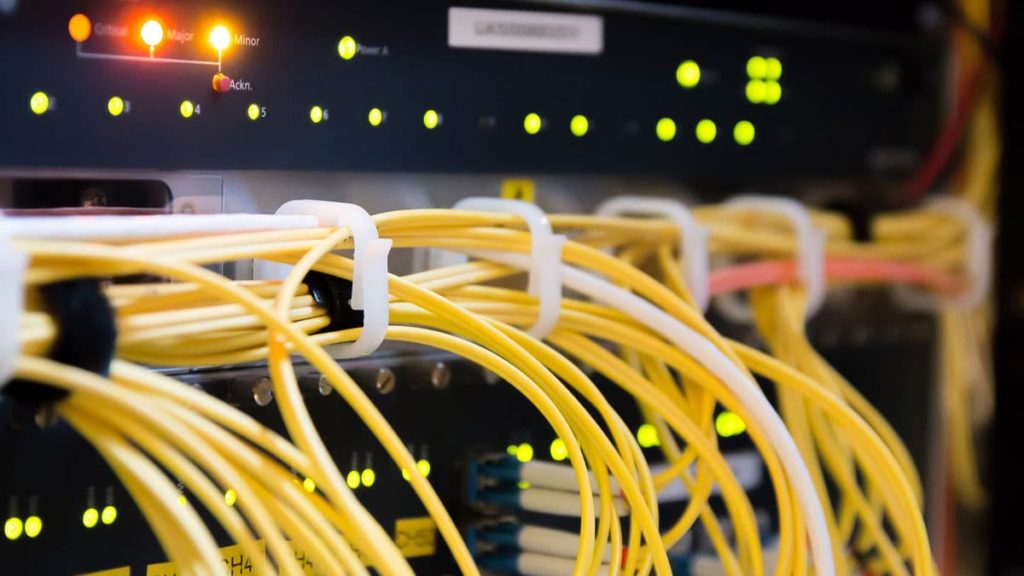The definition of "broadband" is laughable.
If we're talking 'minimum' here, the only issue I have is that the '25mbps' service includes limited mobile service. I'd be on board if folks that provably don't have a terrestrial line at their residence could get a major discount on mobile, and keeping throttling to periods of time when providers again can
prove that there's the potential for outright service denial.
25mbps itself is fine as a minimum. It's enough for streaming 4k video, it's enough to sync files for work, and it's enough to install and update software. Plenty for video conferencing as well. If you need to upload or download something really big, you can either buy faster service (if available) or go somewhere that does like a restaurant. Plenty of more rural folks I know go to MickieD's for their larger transfers when needed.
The second is just how large of an issue this is.
Had some tourists from Sweden I met in Edinburgh. One had driven across the US already in her early twenties, and while commenting on our relative 'weirdness', she mentioned that the US was somewhat odd in having so many different laws in each state. So we looked up the population numbers.
At the time, Sweden was approaching 10m, while California was at 41m and Texas at 25m.
It's a
big issue, and one that is fairly socioeconomically unique to the US. Pick a comparison, then make a list of the differences; the US is just
different.
What I wouldn't mind, and I'm not a fan of government
forcing things usually, is having internet access becoming the same level of basic service as power, water, and phone access. Both major parties are pretty well equally bad here; both argue different sides of a nonsequiteur at the behest of their donors and both fail to represent their voters.

Image...
